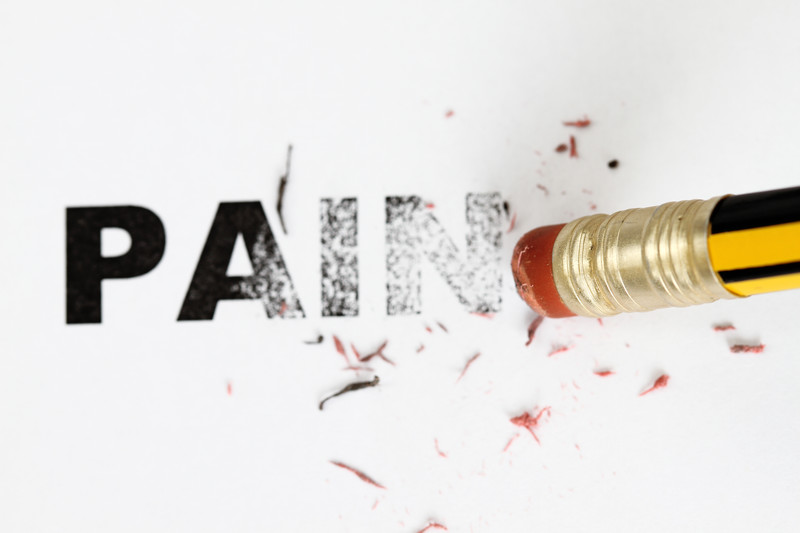
There are many people who suffer from chronic pain. Some of them may refrain from moving around because they fear that it’s going to be painful. Yet the reality is that this avoidance of moving is likely causing them more harm. And there is a good chance that some of them will not experience pain from the movement. But what we believe about our pain has a lot to do with whether or not we will engage in activities, or if we will also respond well to treatment for the chronic pain.
June 2019 issue of The Journal of Pakistan Medical Association
There’ve been many studies done over the years regarding pain beliefs and kinesiophobia, which is fear of pain by movement. In one of the latest studies, researchers looked at the relationship between pain beliefs and kinesiophobia in patients who have chronic knee osteoarthritis. They shared their findings from the study in the
The study included 78 patients who are either overweight or obese, and suffered from chronic knee osteoarthritis. Researchers evaluated patients, and statistical analysis was conducted. They found that there were positive correlations among kinesiophobia, pain, and functional scores. They concluded that possible fear of movement and one’s beliefs about pain should be taken into consideration when planning the management for patients who have knee osteoarthritis.
In prior research, published in the April 2018 issue of the British Journal of Sports Medicine, researchers shared their findings from a review of literature on the topic, which included reviewing 63 published articles (2). Their review of the research that has been conducted on the topic found strong evidence for an association between a greater degree of fear of movement, or kinesiophobia, and greater levels of pain intensity and disability. They further found that a greater degree of kinesiophobia was a predictor of greater levels of pain severity and lower levels of quality of life within six months. In other words, the more people are afraid to move because they feel it will hurt, the more pain intensity and lower quality of life they are likely to experience.
With the strong correlation between our pain beliefs, fear of movement, and how it impacts our life, it’s a good idea for those with chronic pain to give serious consideration to their pain beliefs and level of kinesiophobia.
If they are honest with themselves and find that their beliefs may be doing them harm. Then they can move toward replacing the negative thoughts with better ones, thus helping to change their pain beliefs.
Sources:
- The Journal of Pakistan Medical Association. The relationship between pain beliefs and kinesiophobia and clinical parameters in Turkish patients with chronic knee osteoarthritis. June 2019. https://www.ncbi.nlm.nih.gov/pubmed/31189289
- British Journal of Sports Medicine. Role of kinesiophobia on pain, disability and quality of life in people suffering from chronic musculoskeletal pain. April 2018. https://bjsm.bmj.com/content/53/9/554







